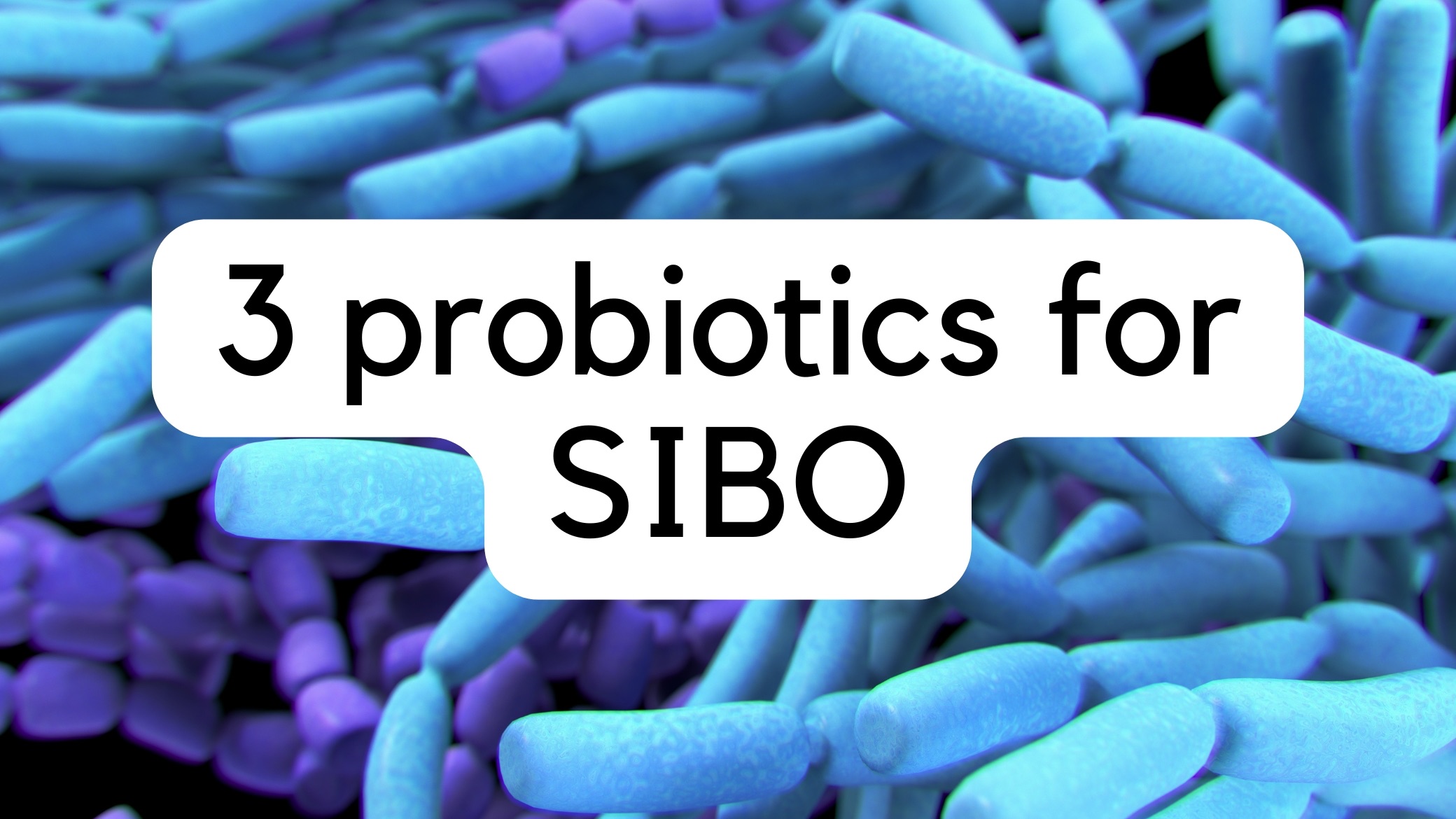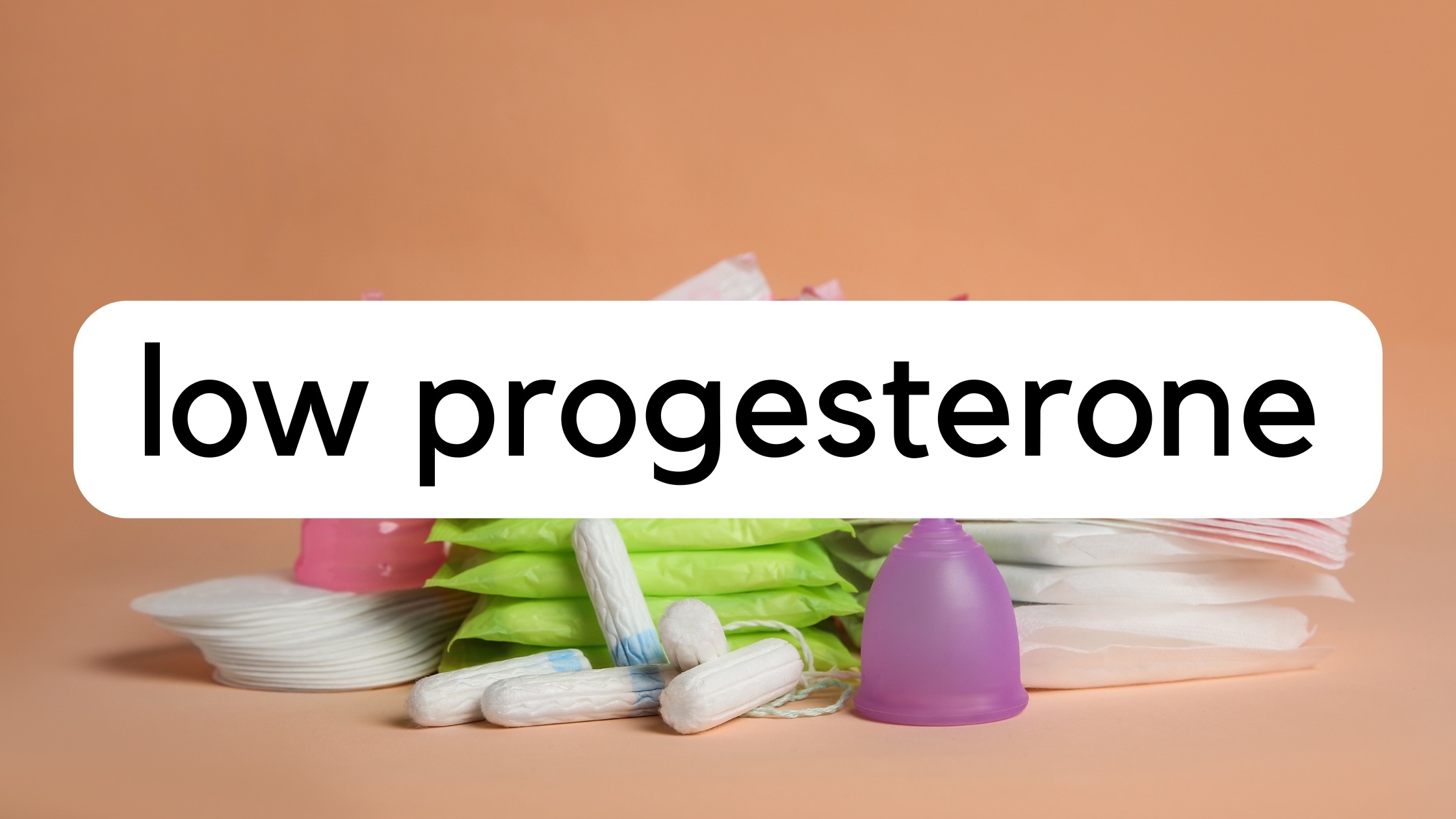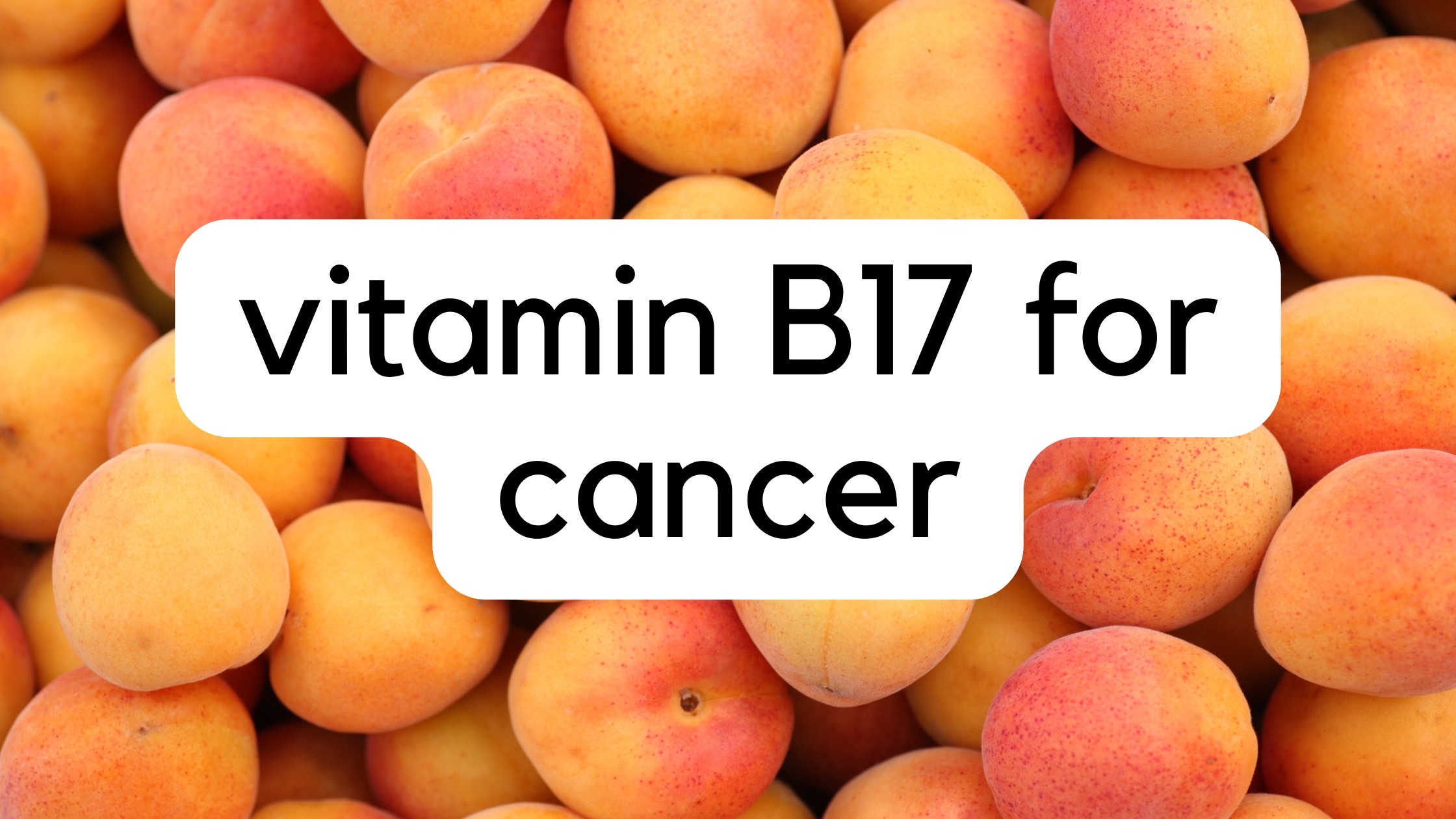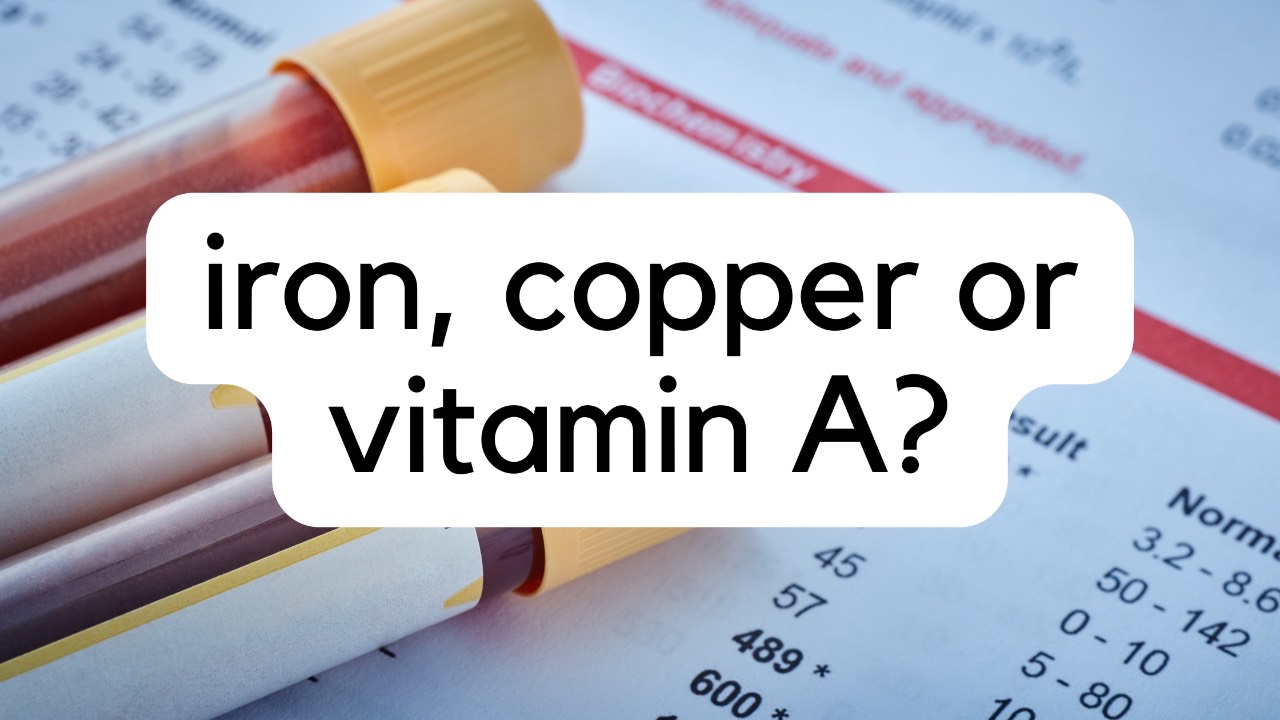
Top 3 Probiotics for SIBO: What the Research Actually Shows
Jun 09, 2025If you’ve been told to avoid probiotics when you have SIBO, you’re not alone. But emerging research is beginning to shift that narrative. While not all probiotics are helpful—and some can worsen symptoms—certain strains show real promise in supporting digestion, reducing overgrowth, and improving symptoms like bloating, gas, and irregular bowel movements.
Here’s what the evidence says about specific strains that have been studied in the context of SIBO or small intestinal dysfunction:
1. Saccharomyces cerevisiae boulardii CNCM I-745
A beneficial yeast—not a bacteria—S. boulardii may help regulate gut flora without contributing to bacterial overgrowth.
Key effects:
-
Reduced digestive symptoms (less vomiting, belly pain, and gas)
-
Lower hydrogen levels on breath tests (a key marker in SIBO)
-
Decreased harmful bacteria like Klebsiella and Serratia
-
May support gut healing and intestinal adaptation post-surgery
Dose & duration:
750 mg/day for 28–30 days (most research in pediatric populations)
Product suggestions:
Reported side effects:
None reported in studies.
2. Lactobacillus reuteri DSM 17938
This strain has been studied for its ability to improve motility and methane levels—especially in those with methane-predominant SIBO.
Key effects:
-
55% reduction in methane gas levels
-
Bowel movements increased from ~4 to 6.4 per week
-
Mild improvement in stool consistency
-
No significant change in hydrogen levels
Dose & duration:
200 million CFU/day, taken 30 minutes after meals for 4 weeks
Product suggestions:
Reported side effects:
No severe adverse events (1 unrelated case of herpes simplex I).
3. Lactobacillus casei CRL 431 + Lactobacillus acidophilus CRL 730
These strains showed broad digestive symptom relief in those with signs of bacterial overgrowth.
Key effects:
-
Fewer daily bowel movements
-
Lower hydrogen levels (suggesting less fermentation)
-
Reduced bloating, cramping, and rumbling
-
Lower breath test hydrogen levels
Dose & duration:
3 grams/day (CFU count not reported); must be taken continuously for sustained benefit
Product availability:
Currently not available commercially.
Reported side effects:
None reported.
✅ Final Thoughts
Not all probiotics are created equal when it comes to SIBO—but strain-specific options like S. boulardii and L. reuteri DSM 17938 may offer support without worsening symptoms.
If you’ve been hesitant to reintroduce probiotics due to SIBO fears, this is where personalized, evidence-based choices make a difference.
If you want a deeper breakdown of strains that support different symptoms and conditions—including bloating, leaky gut, eczema, asthma, and insulin resistance—you can explore my Probiotic Reference Guide here. It covers 100+ unique strains across more than 30 conditions.
💬 Want help deciding which probiotic is right for you?
Ask your question in my free community—or join us for the next Q&A to get support on your SIBO healing journey.
💌 Like what you're reading?
Join my insiders list for deeper insights, early access to new articles, webinar invites, and tools to support your healing journey.
🔒 I respect your privacy. Unsubscribe at any time.






